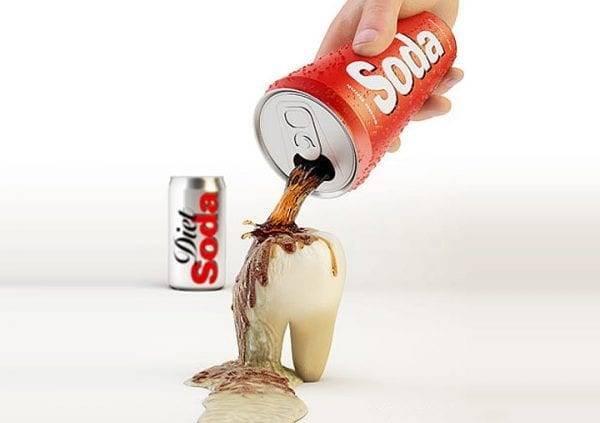 You’ve probably heard it all your life: Eating sweets will rot your teeth. But while a diet high in sugar certainly promotes the formation of cavities, sugar itself isn’t the real culprit behind tooth decay. Continue reading to learn what does!
You’ve probably heard it all your life: Eating sweets will rot your teeth. But while a diet high in sugar certainly promotes the formation of cavities, sugar itself isn’t the real culprit behind tooth decay. Continue reading to learn what does!
What Causes Cavities?
Dental cavities are formed when bacteria living in the mouth digest carbohydrate debris left on the teeth after you eat. Such debris might include the refined sugars found in cookies, candy and other treats, but can also come from healthy foods like whole grains, vegetables and fruits.
When digesting these carbohydrates, bacteria in your mouth produce an acid that combines with saliva to form plaque.
Need to Schedule an Appointment?
Do you think you may have a cavity? Schedule an appointment on our website or give us a call!








